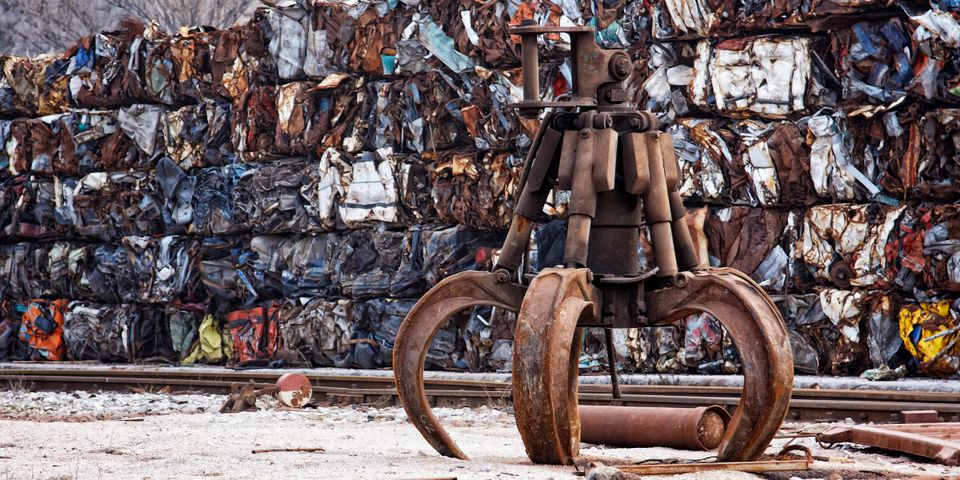3 Effects of Throwing Away Recyclables

Despite decades of public awareness campaigns and local recycling programs, less than one-third of the solid waste produced in a year is recycled. This represents a serious problem for the environment and a net loss for individuals since materials like steel and glass can be reused indefinitely. To understand the impact recycling can have, the following guide explores what can happen when the population foregoes it.
What Happens When You Don’t Recycle?
1. Overburdened Landfills
In the 1970s, open dumps had become such a problem for populated areas that the federal government intervened to encourage local authorities to switch to the sanitary landfill model. This waste processing method is based on the idea that microbes in waste will break down organic matter into fresh soil suitable for construction and agriculture.
This method only works when the matter sent to landfills is biodegradable. Unfortunately, much of what ends up in landfills is non-biodegradable solid materials such as rubber, metal, synthetic textiles, and plastics. In fact, 91 percent of plastic waste ends up in landfills or bodies of water, thus diminishing the potential for soil production and leading to prematurely full, or overflowing, landfills.
2. Marine Pollution

Each year, millions of tons of plastics, metals, and other materials are dropped, washed, dumped, or blown into the ocean. This pollution occurs due to carelessness on oil rigs, beaches, and ships and because lightweight materials are carried by the wind or washed down storm drains during periods of rain.
As a result, there could be more plastic than fish by weight in the ocean by 2050. Unless more efficient recycling processes are established and put to use, the amount of solid waste in the ocean could irreparably harm marine environments and accelerate the extinction of countless species.
3. Wasted Resources
The production of new materials requires significant amounts of energy, raw materials, and effort. In copper production, for example, 20 million British thermal units (BTUs) of energy are needed to produce a single ton of cathode copper. Even more energy is consumed in the refinement and finishing of this metal, followed by its delivery to users and use in various applications. Similarly, 22 gallons of water are needed to make just a pound of plastic.
Recycling plastics, metals, textiles, and other materials is often more efficient than new production since the initial energy and resource investment needed to create new goods has already been made. The water, fuel, and raw materials used in many industries could therefore be put to other, more constructive uses if existing materials are repurposed.
When you don’t know what to do with your unwanted metals, contact Holmes Iron & Metal Inc. in East Spencer, NC. The team at this family-owned and -operated recycling facility has turned scrap metal into cash for customers throughout North Carolina since 1950. They accept metals such as brass, aluminum, steel, and copper, and they’ll take heavier items such as radiators and electric motors off your hands as well. Call (704) 633-6119 to speak to a friendly staff member, or visit the website to learn more about their services.
About the Business
Have a question? Ask the experts!
Send your question

